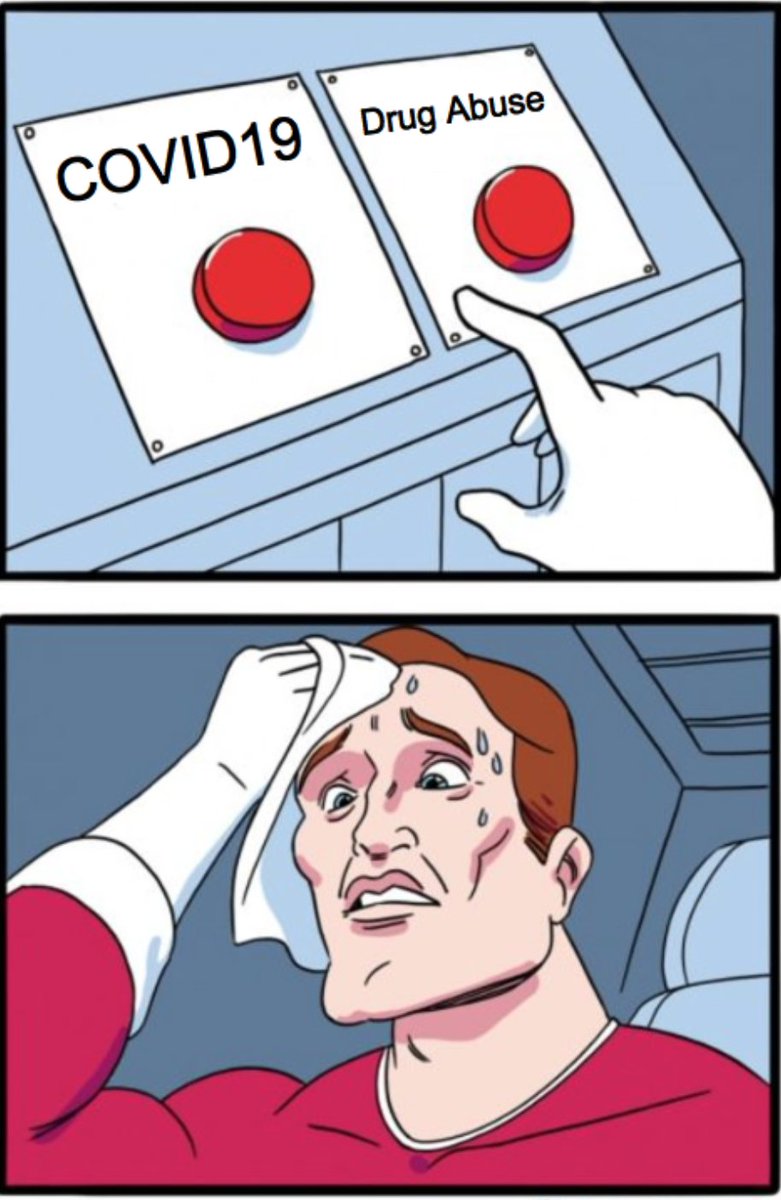
In recognition of #IndigenousPeoplesDay2020 I'd like to tell you a bit about my friend Jehry Rivera, a part of the Terraba indigenous group, which lives on a mountainside in southern Costa Rica.
2/ The Terraba are mostly found in Panama, and the ones who live in Costa Rica have evidence that they were brought to Costa Rica by the invading Spanish hundreds of years ago. 

3/ They are a pretty interesting group. They live in modern Costa Rican homes and have a public school. But they also keep ancient ways including a language, religious beliefs, natural medicine from plants, food and more. It's a mix of the modern and the traditional. 

4/ They believe one of the reasons the Spanish resettled them is because they were tough and obstinate warriors and having them all together caused too much trouble. They have written and illustrated oral history kept on a book made from banana leaves. 

5/ They use that obstinate toughness to fight a hydroelectric project near them that would have dammed a sacred river and forced another displacement. They won.
6/ I know these things because my graduate students and I have done projects with them. For the Terraba, they needed to demonstrate that they were a coherent group in order to continue to have the ability to occupy their land. terraba.org
7/ The dam threat went away, but they have had continual problems with people wanting to come an appropriate their land. Jehry took a personal stand for his community. The last time I saw him, he had an arm broken from a confrontation with outsiders cutting trees.
8/ In February of this year, Jehry was gunned down by another group seeking to use indigenous land. The UN condemned it. NGOs and locals did, too. But Jehry is still gone and the pressures on the land and the people continue. theguardian.com/environment/20…
• • •
Missing some Tweet in this thread? You can try to
force a refresh





